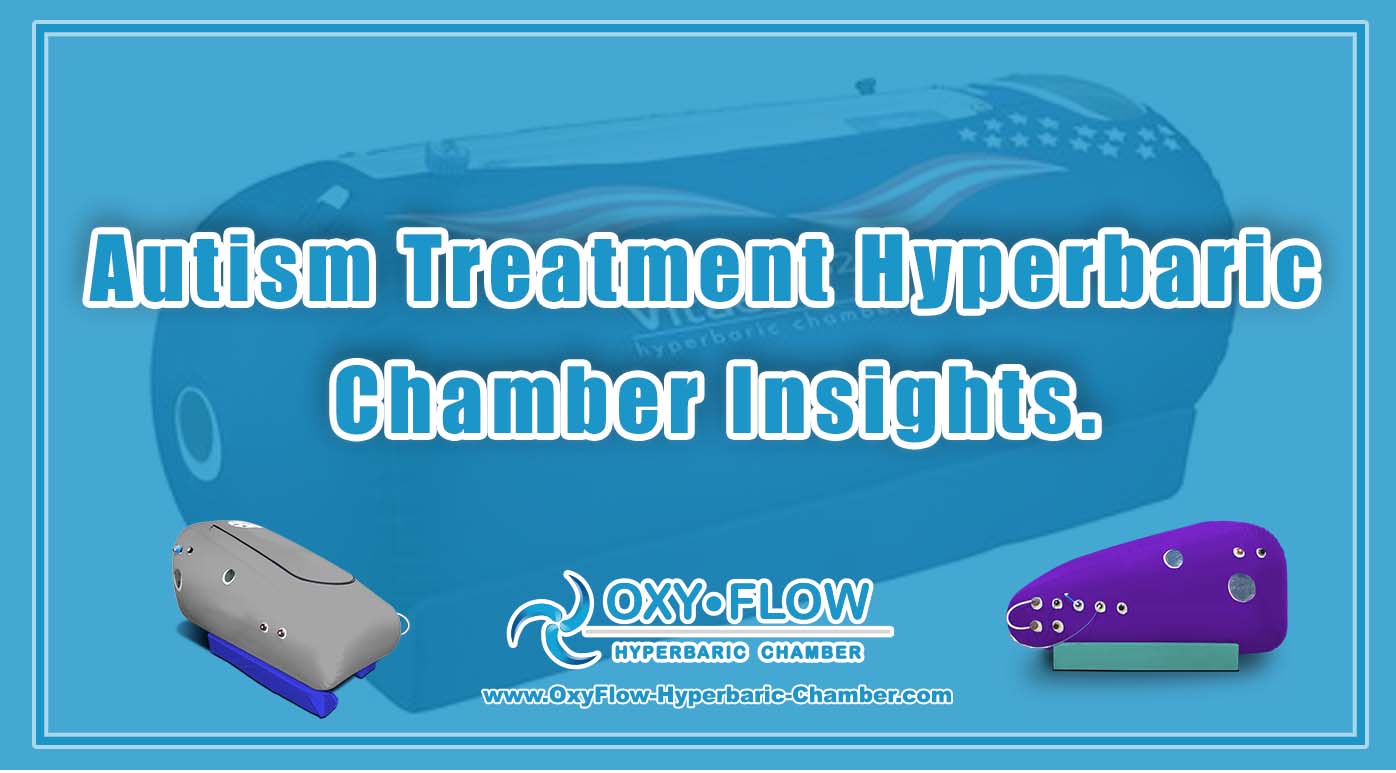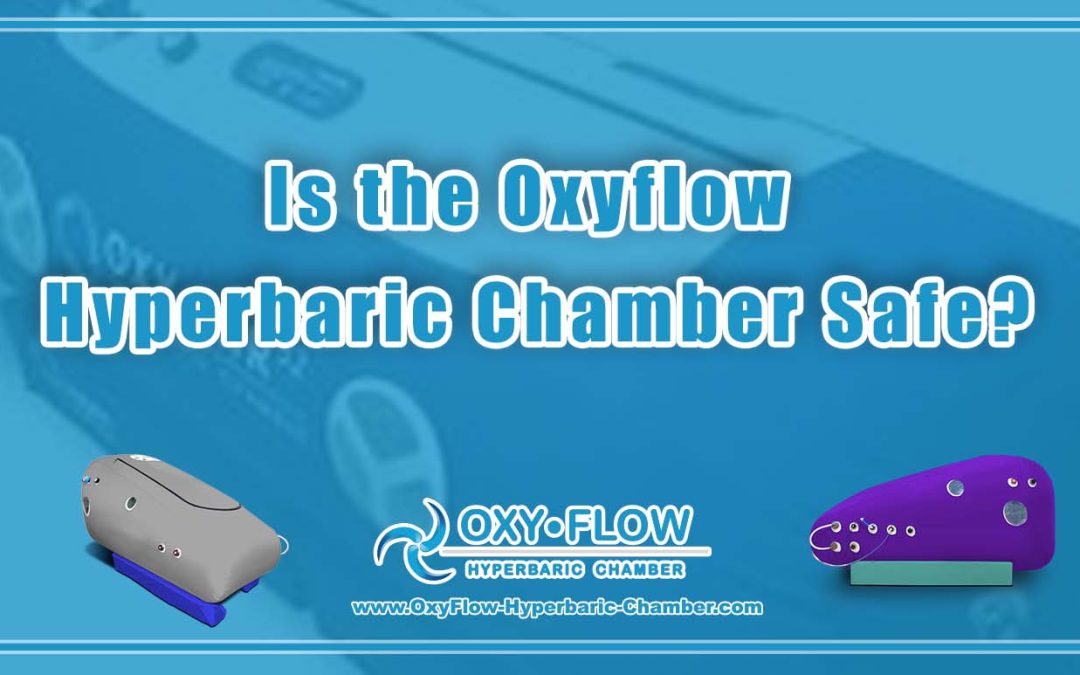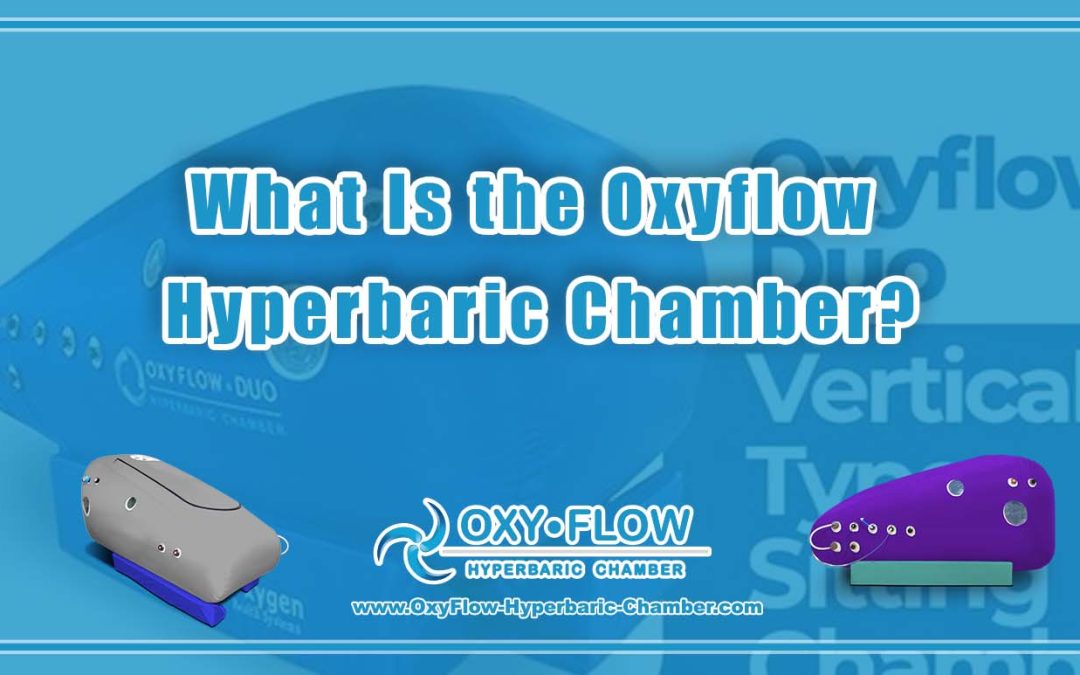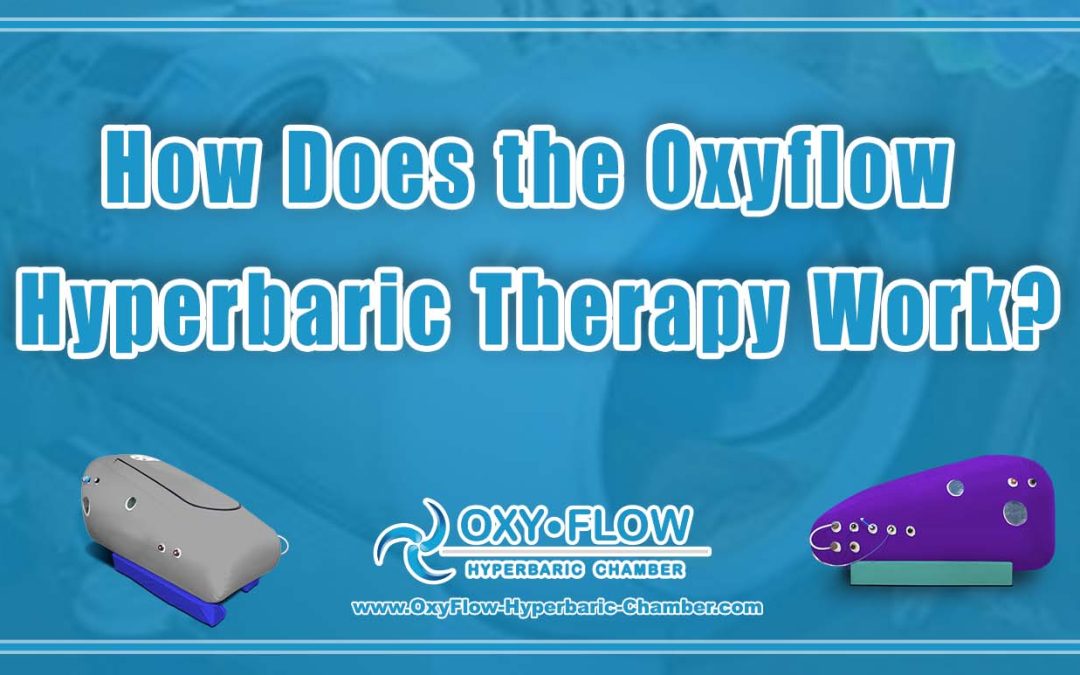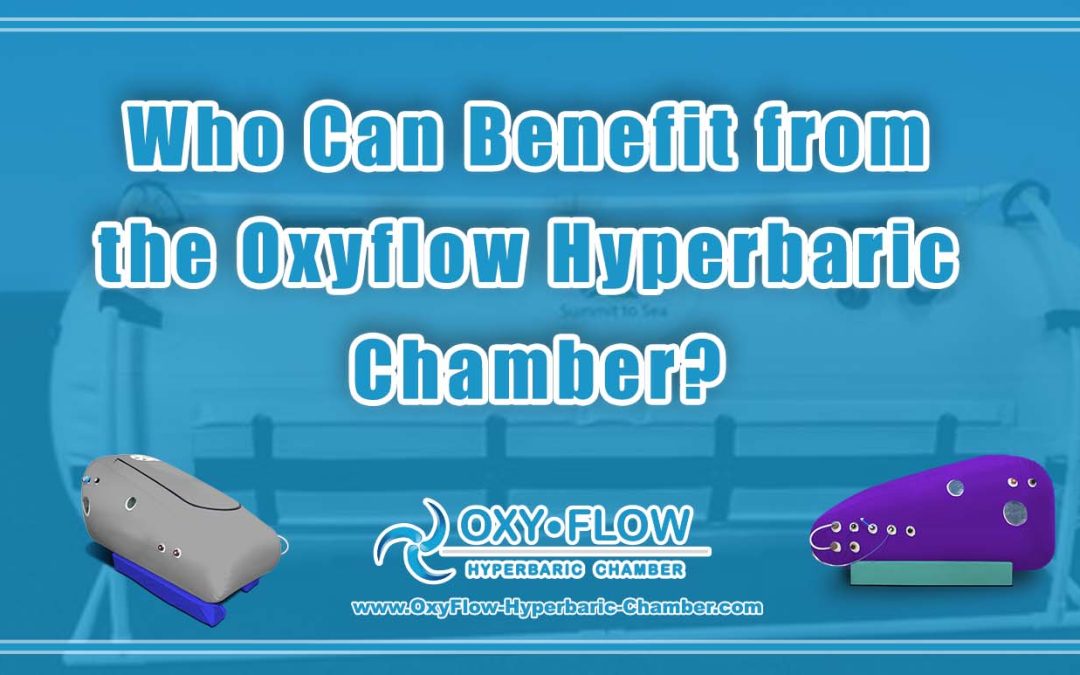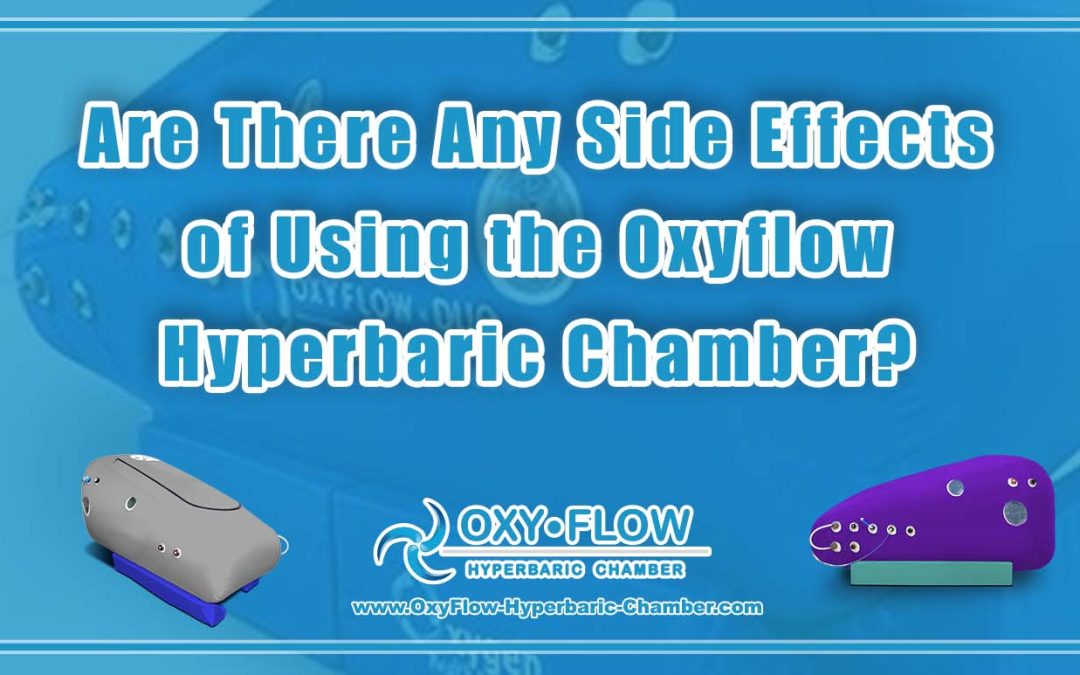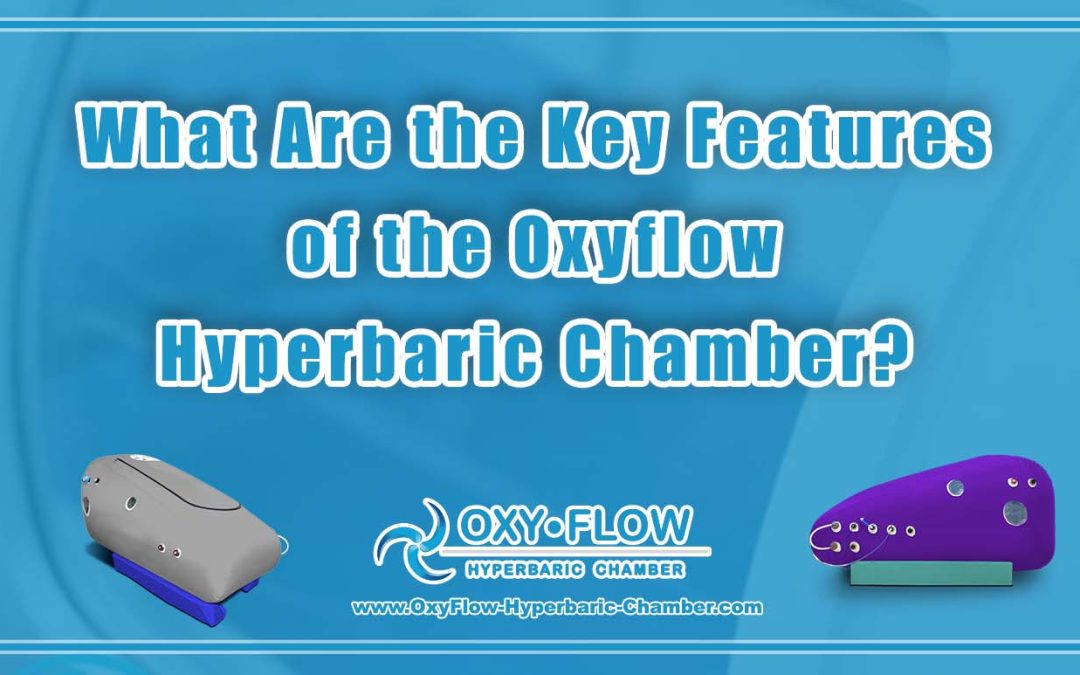Autism Treatment Autism spectrum disorder (ASD) is a complex neurodevelopmental condition that affects communication, behavior, and social interaction. Individuals with autism often face challenges in sensory processing, speech and language development, and emotional regulation. While there is no cure for autism, various therapies and interventions can help improve symptoms and enhance the quality of life for individuals living with the condition. One such emerging treatment option that has gained attention in recent years is hyperbaric oxygen therapy (HBOT).
Understanding Hyperbaric Chambers.
Hyperbaric oxygen therapy involves breathing pure oxygen in a pressurized chamber or room. The air pressure inside a hyperbaric chamber is increased to levels higher than atmospheric pressure, allowing the lungs to gather more oxygen than would be possible by breathing pure oxygen at normal air pressure.
Autism Treatment Hyperbaric Oxygen Therapy for Autism.
Research exploring the potential benefits of hyperbaric oxygen therapy for individuals with autism is ongoing. Some studies suggest that HBOT may help improve certain symptoms associated with ASD, such as irritability, social withdrawal, and repetitive behaviors. The increased oxygen levels delivered during therapy sessions are thought to enhance brain function and promote neurological healing, potentially leading to behavioral improvements in children and adults with autism.
A Closer Look at the Science.
Several studies have reported positive outcomes following HBOT sessions, including enhanced language skills, reduced sensory sensitivities, and improved social interactions in individuals with autism. However, the scientific community emphasizes the importance of conducting well-designed, controlled studies to validate these findings and determine the optimal treatment protocols for individuals with ASD.
Insights from Hyperbaric Chamber Users.
Individuals who have undergone hyperbaric oxygen therapy, including parents of children with autism, often share positive experiences and observations regarding the treatment. Many report improvements in speech clarity, cognitive function, and overall well-being following a series of HBOT sessions. While individual responses to therapy may vary, anecdotal evidence suggests that hyperbaric oxygen therapy holds promise as a supportive intervention for individuals on the autism spectrum.
Autism Treatment Considerations and Precautions.
Before pursuing hyperbaric oxygen therapy for autism treatment, individuals and families need to consider various factors. Consulting with healthcare providers, including doctors and specialists familiar with autism spectrum disorder, can help determine if HBOT is a suitable treatment option based on the individual’s unique needs and medical history. Additionally, understanding the potential risks and benefits associated with hyperbaric oxygen therapy is essential for making informed decisions regarding its inclusion in a comprehensive treatment plan for autism.
Conclusion.
Hyperbaric oxygen therapy offers a non-invasive and potentially beneficial treatment approach for individuals with autism spectrum disorder. While research on the effectiveness of HBOT in autism treatment continues to evolve, many individuals and families have reported positive outcomes and improvements in symptoms following therapy sessions. By exploring hyperbaric chambers and their role in supporting individuals with autism, we gain valuable insights into alternative treatment options and the potential benefits of oxygen therapy for neurological conditions. As the scientific community delves deeper into the realm of hyperbaric oxygen therapy, further understanding and advancements in autism treatment may emerge, offering hope and support for individuals living with ASD.

